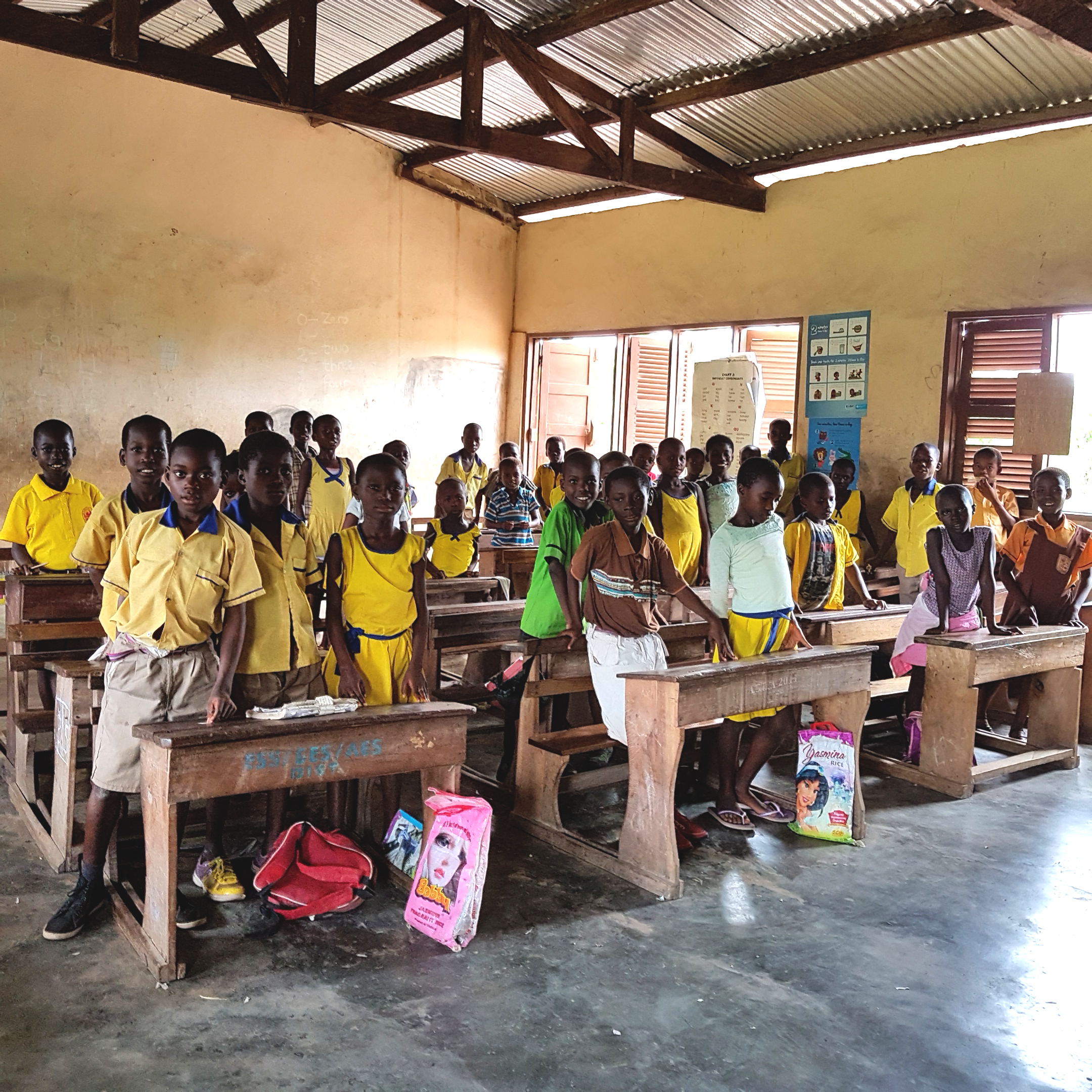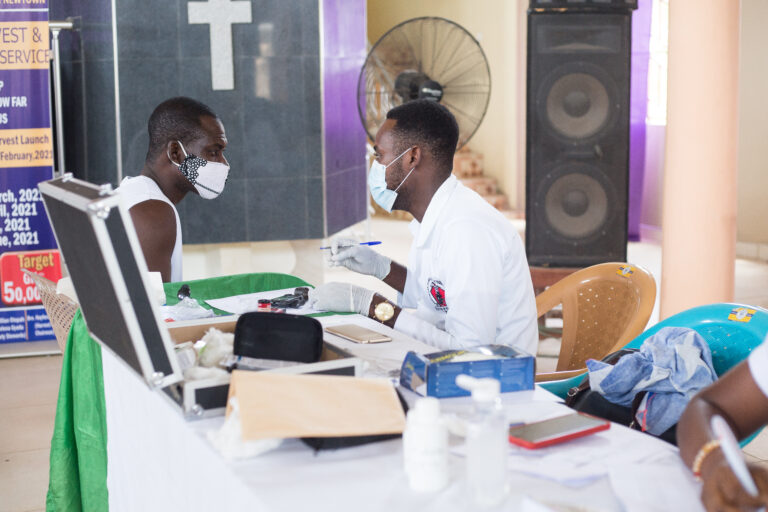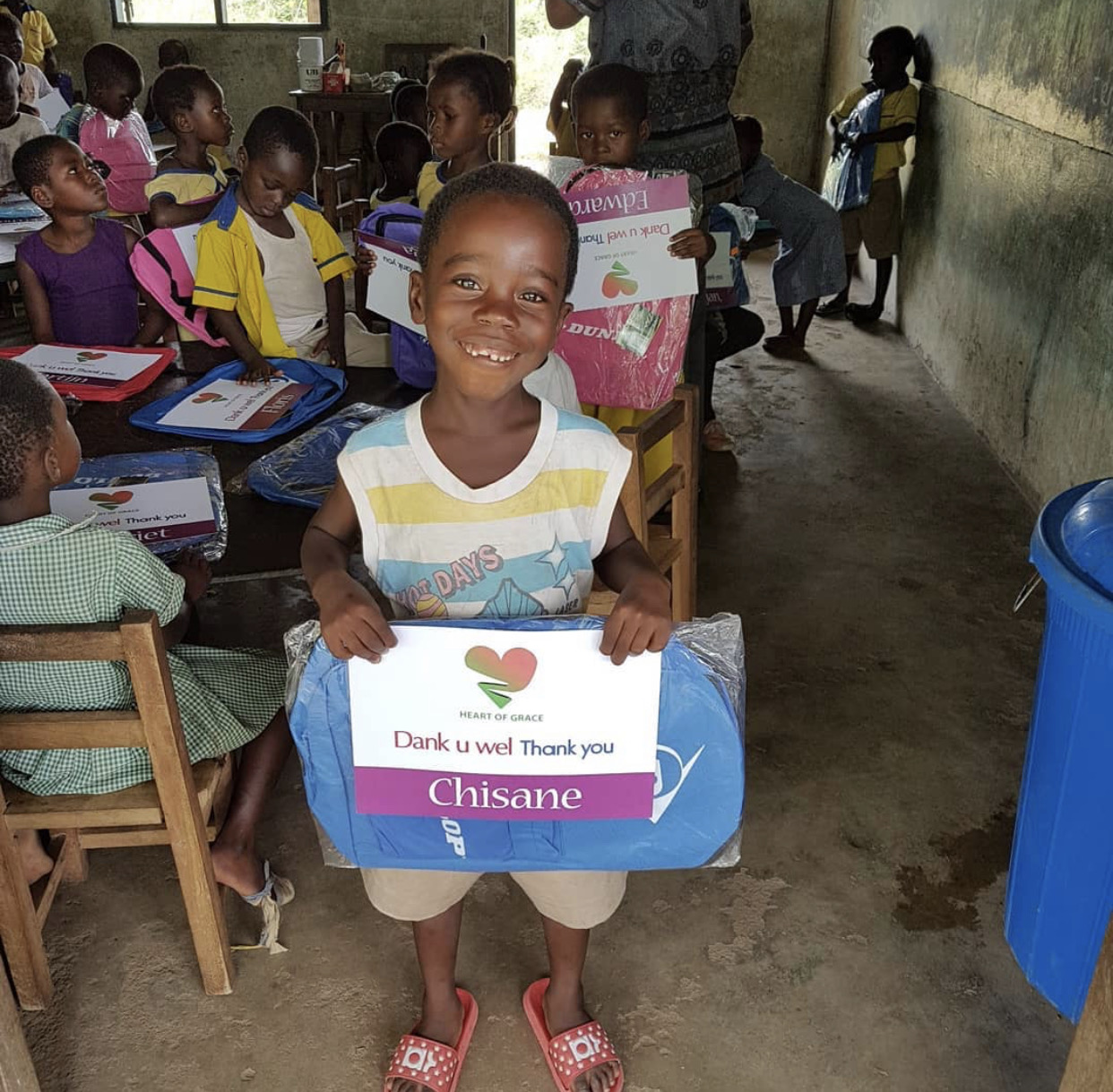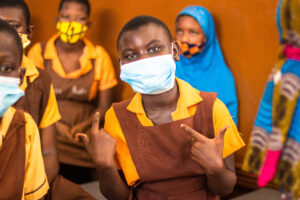Our Projects

See Them Soar
Education is the most powerful weapon which you can use to change the world.” – Nelson Mandela.
The Ghanaian educational system is divided into three parts: basic education, secondary education, and tertiary education.
Despite the progress Ghana has made in improving access to education for all, there are still challenges preventing thousands of children from going to school and learning. Most school’s environment in rural communities is usually not conducive to learning making it difficult for the capabilities and potentials of these young ones to be unleashed.

Life is Wealth
Ghana’s healthcare expenditure has increased over the past two decades. Increased healthcare expenditures are required to enhance the acquisition of better hospital resources that may improve healthcare.
The challenges faced by Ghana’s healthcare system include poor hygiene and sanitation, inadequate financial health investments, or limited workforce and facilities. Establishing health institutions and insurance schemes, increasing the workforce, improving hygiene and treatment conditions can ameliorate the challenges faced. Implementation of policies in maternal health, child, adolescent, and other healthcare reforms can provide better health outcomes.

Chance For Change
Life as such is challenging and humans have made it more complicated because life has fallen into class and categories where the rich are getting richer and the poor are dying for food. It is heart-wrenching to see these situations because people are suffering from hunger, dying, lack of education, and also some are homeless.
Life is a matter of privilege because while some live a life of luxury, some just fail to even meet the ends of life.

Dare to Develop
A new World Bank report titled “Youth Employment Programs in Ghana: Options for Effective Policy Making and Implementation” identifies agribusiness, entrepreneurship, apprenticeship, construction, tourism and sports as key sectors that can offer increased employment opportunities for Ghanaian youth. It also calls for more investments in career guidance and counselling, work-based learning, coaching, and mentoring to equip young people with the skills needed for work. The report suggests that although these are not new areas, the government could maximize their impact by scaling-up these priority areas in existing youth employment interventions and improve outreach to the youth.
